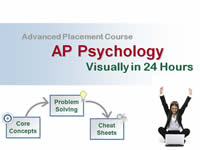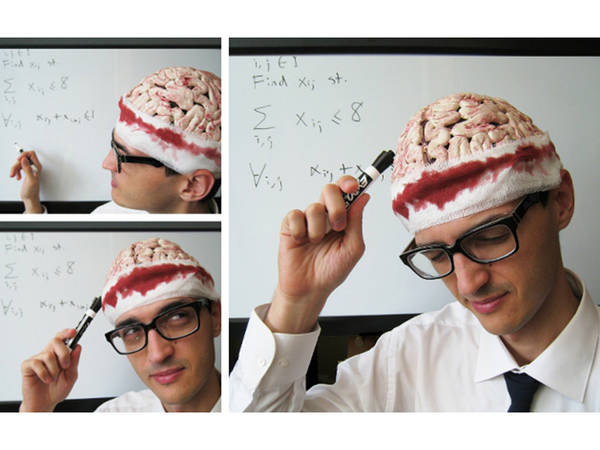I am delighted to share this guest post with you. I met Heather last year on Twitter and was thrilled to meet her face-to-face at the National Social Studies Conference in DC last month. Take it away, Heather!
 |
| Heather (@irishteach) on the right, with the extraordinary Charlie Blair-Broeker (@ctbb) on the left, at the 2011 NCSS Conference) |
Hi, I'm Heather and I teach high school psychology and sociology in the Northwest suburbs of Chicago. At the NCSS conference, I told Steve and Rob, I would love to do a guest blog post about #psychat.
A few years ago, I was introduced to the social media site
Twitter, but I didn’t do much with it. That all changed once I learned about the hashtag (back in the 20th century it was called the pound sign #). The hashtag unites groups of people on Twitter who want to talk about anything from sports to elections to teaching! Through reading some teacher blogs and a few Google searches, I discovered that teachers are collaborating on Twitter all day long! Teachers are using the hashtags #sschat, #edtech and #edchat among many others to exchange valuable information and build a personal learning network (PLN).
The #sschat, social studies chat, is really what motivated me to use Twitter as a teacher. Every Monday night at 7pm EST social studies teachers from across the country use the #sschat hashtag to have content and pedagogy discussions. If you teach other social studies courses besides psychology, you should check out #sschat The group also has a
NING in which they archive chats and are planning an
Ed Camp in Philly on March 24th of this year. The #sschat hashtag is what really led to #psychat, you could say we are somewhat of spinoff.
So, what is #Psychat? It is a hashtag that psychology teacher’s and anyone else passionate about psych can use on Twitter to collaborate, share links, ideas, resources and ask questions!
On Thursday nights at 8pm EST is when #psychat has their live chats on Twitter. We start with a brief intro to who we are and then we tweet about the topic for the night. Last week we discussed teaching psychology with technology, which was
Jen Schlicht's idea. As a group of psych teachers we discussed students creating blogs, podcasts, Prezis and videos. The teachers using #psychat would love to have more people join us as we work together in a live format.
If you cannot make it on Thursday nights to chat with the #psychat crowd, you can use the hashtag anytime you want to share Psychology content. Many people follow it and tweet throughout the week using #psychat. They tweet articles, videos, and questions from teachers and students about psychology.
You should come check out Twitter and join the excellent group of teachers who use #psychat to improve their teaching. All you have to do is sign up for Twitter, write a short 160 character bio about yourself and start tweeting. Just make sure to type in #psychat so that other psychology teachers will see your tweet.
And for our visual learners, courtesy of social studies teacher,
Shawn McCusker:
Thanks for reading!
-
Heather Kilgallon
(Oh and you can follow me on Twitter by clicking my name above)
--posted by Steve
















